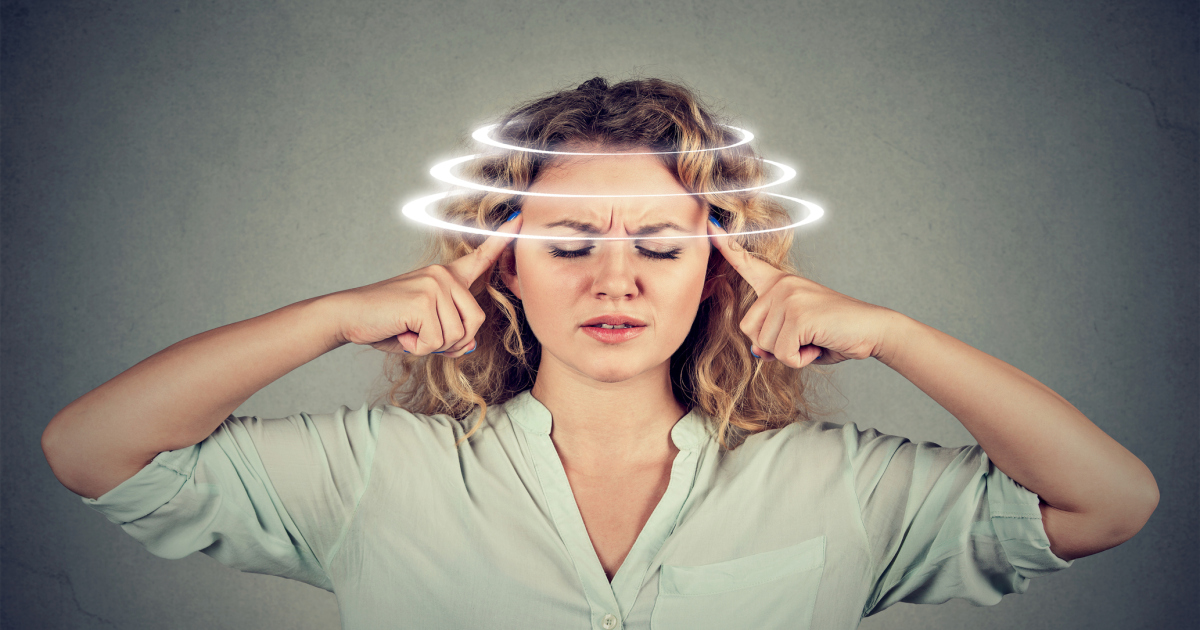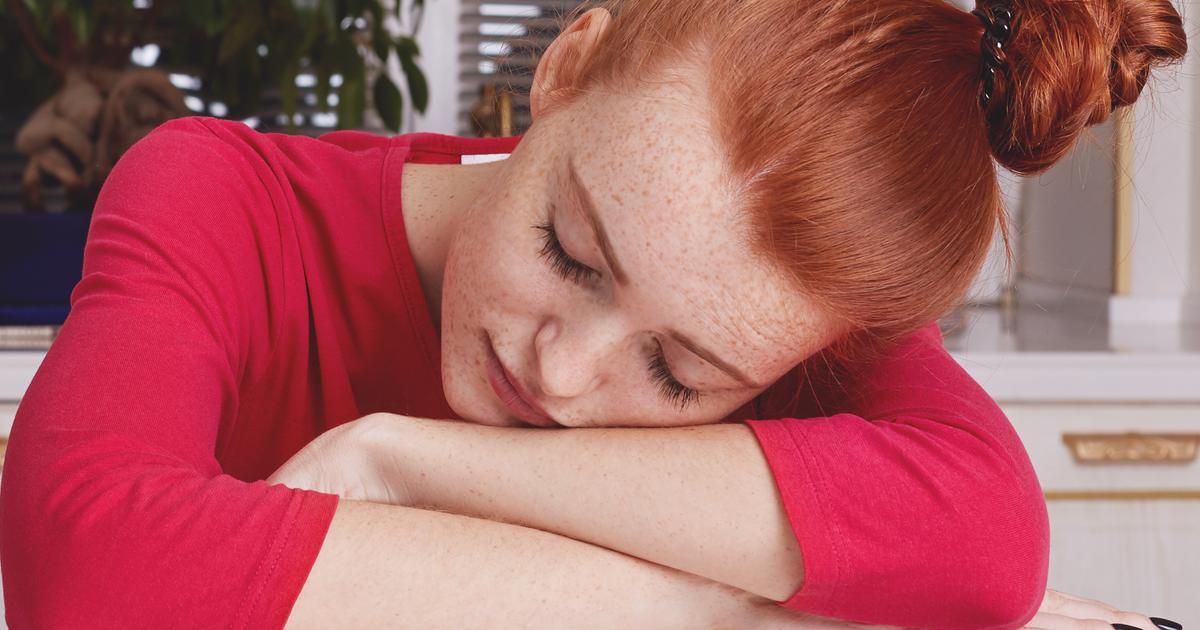Guide To The Symptoms Of Dehydration
Dizziness

Dizziness often develops in cases of mild to moderate dehydration. Patients might feel as though the room is spinning around them, and dizziness could increase the risk of falls. Dizziness typically occurs in conjunction with a mild headache. When dizziness occurs, patients should sit or lie down as soon as possible. Patients should continue sitting or lying down until the dizziness passes. It can help to drink a glass of cool water. If dizziness occurs suddenly and is accompanied by a severe headache, fainting, or confusion, emergency medical care should be obtained immediately. Patients who experience frequent dizziness may want to keep a symptom journal to track these episodes, and it is beneficial to track fluid intake as well.
Fatigue

Patients with mild dehydration could develop minor fatigue. If dehydration advances to a more serious stage, patients could become increasingly sleepy, and they may be very lethargic. Fatigue could compromise the patient's ability to perform daily tasks, and patients could sleep for longer than usual. Fatigue associated with dehydration typically occurs in conjunction with weakness, and it could be accompanied by muscle pain as well. Since fatigue may be a symptom of a serious condition, patients who notice persistent fatigue should see a doctor for an evaluation.
The doctor will want to know when the patient first noticed fatigue and if anything makes it better or worse. They will also ask the patient about any headaches or dizziness. A physical examination will be performed to check the patient's heart rate and blood pressure, and the healthcare provider may check for cracked lips and other physical signs of dehydration too. Blood tests may be necessary to determine the underlying cause of the patient's fatigue.
